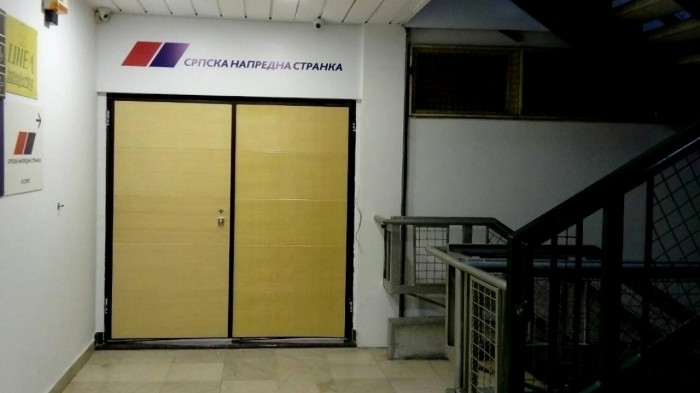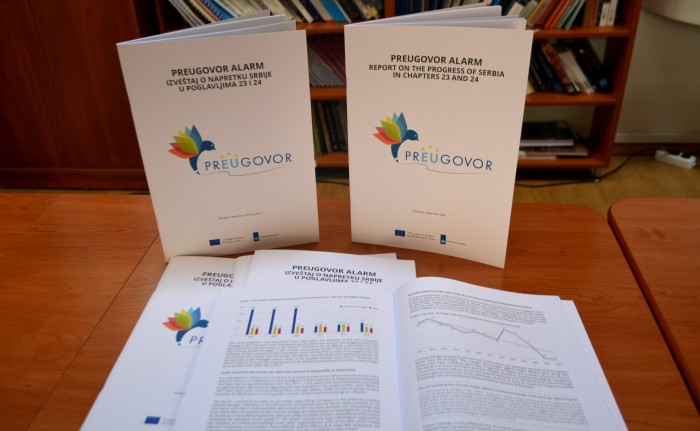Transparency Serbia Program Director Nemanja Nenadić reviewed the history and announcements of the law in this area, analysed key elements of the Draft Law on the Examination of the Origin of Property and presented recommendations for its improvement.
The Law on the Examination of the Origin of Property is an act that many believe to be much needed, and concerning which practically everyone has something to say. However, no one can offer a valid answer to the question why its adoption is necessary, in light of the provisions of all the other regulations that Serbia had already adopted. Also, there is no answer to the question why the laws that were passed earlier with the similar purpose failed to achieve the announced effects, and what are the guarantees that in this case things will be different.
The passing of this law had been announced on several occasions by the current President of the country, but the deadlines kept expiring without the public knowing anything but the mere title of the law. Unlike many other regulations that Serbia has enacted, and which have been the subject of requests and recommendations by European observers, this act was placed on the political agenda at the initiative of domestic decision makers, which is something that - at least in the last six years - was not the case with any other piece of legislation. This is perhaps the best indicator of the high level of this topic’s utility when it comes to raising and maintaining popularity among the voters, especially those who are indigent and seeking elimination of social injustices.
The decision to draft this act was obviously taken overnight. Although the Government of Serbia spent the years 2012 and 2013 preparing a comprehensive national strategy for the fight against corruption, the adoption of this law, although it is relevant for the field, was never mentioned. On the other hand, the Strategy accepted the idea of complementing the legislation of Serbia with the institute of “illicit enrichment”, based on the UN Convention against Corruption. The purpose of such a measure is to prosecute and confiscate property from civil servants who cannot prove the legality of its origin. The measure would clearly target potential participants in corruption, and could be applied in situations that are not currently covered (when there is no suspicion of any specific corruptive activity of a civil servant or public official).
Since 2016, the adoption of this law has become part of the Government’s programme (Prime Minister’s exposé) as one of two laws for which it has been announced that their purpose would be to fight corruption. After numerous announcements, the first document that could be discussed in any argumented way appeared on 5 March 2019 - it was the Draft Law on Determining the Origin of Property and on Special Tax.
The draft was accompanied by an explanation that does not provide sufficient information as to why the proponent believes that this matter should be regulated in a separate law instead of through supplements to other regulations. There is no reference to the implementation of existing regulations, and the public thus remains without answers as to whether the legal mechanisms envisaged by the drafters are indeed bad or there are rather not enough people, resources and will to implement them.
Although this law has been announced, for years now, as explicitly anti-corruptive, it does not contain provisions that would specifically apply to persons who first come to mind when one thinks of corruption - public officials and other persons holding job positions in the public sector. Namely, the provisions can be applied equally to any citizen of Serbia.
Download the policy paper in full.
The Action is supported by the European Union through the program “Civil Society Facility” under the Instrument for Pre-Accession Assistance (IPA). The contents of the Report are the sole responsibility of the publisher and views expressed in this document are not necessarily those of the European Union.
Publication of this study was supported by the Embassy of the Kingdom of the Netherlands in Belgrade. The opinions expressed in the publication are solely those of the author and do not necessarily reflect the positions of the Kingdom of the Netherlands.



